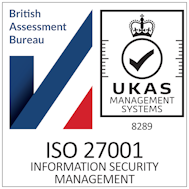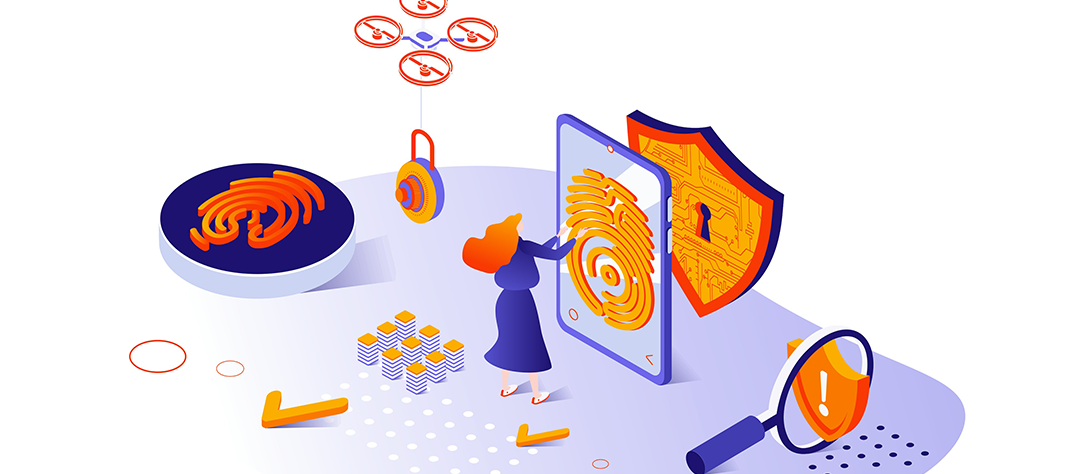AI-driven Human Risk Management and Security Awareness Training -
40% Cost Savings on other providers.
Our AI-driven tools automate your entire security awareness strategy, from cyber training, policy management and simulated phishing tests to robust automated reports - We reduce risk FAST.






There are Billions of Malicious Attacks Heading Towards Your End Users Every Day
All it takes is one simple, uneducated mistake by one user, for your brand, your reputation, and your community to be at risk. Human error remains one of the most significant vulnerabilities. Education is key.
Deliver Security Training for Organisations of All Sizes, in Any Industry, and Any Language

SMBs
Human Risk Management Starts Here with
Phishing Tackle’s Industry-Leading Tools and Service
Our platform combines powerful automation, AI-driven risk profiling, and flexible simulations to identify high-risk users fast. With over a thousand phishing templates, real-time behavioural analytics, and instant micro-learning prompts, we help you detect, educate, and reduce risk before incidents happen, all backed by expert support to keep your organisation secure and compliant.


Integrated Security Awareness Training within Microsoft Teams
PhishTAIL brings your training, notifications, and policies directly into a familiar workspace, making it easier for users to engage without switching apps. This seamless integration increases uptake and keeps security top of mind.
- Deliver training and alerts quickly in one place to boost user engagement
- Remove login barriers to speed up training completion
- Give users clear visibility of outstanding training tasks to stay on track
Understand Human Risk with Real-Time Phishing Analytics
Track employee phishing susceptibility with clear dashboards, intuitive reporting, and real-time risk insights - so you know exactly where to focus training.
- View your Click-Prone % to see how many employees fall for phishing attempts.
- Identify high-risk employees who need immediate training.
- Access key phishing statistics to track security awareness progress.
.png)




One Platform to Track and Manage Phishing Risk at Scale
Whether managing multiple business units or serving clients as an MSP, Phishing Tackle gives you a centralised view of security performance, ensuring a streamlined strategy with integrated reporting.
- All your campaign statistics in one dashboard
- Multi-lingual support for global teams and diverse workforces
- Centrally manage and clone campaigns with ease
Automate Phishing Threat Detection and Response
PhishNet uses S.O.A.R. (Security Orchestration, Automation, and Response) technology to instantly identify, analyse, and respond to security threats, so your team can focus on higher-priority tasks instead of manual monitoring and analysing reported emails by your users.

.png)
Detect and Block Fraudulent Domains Before They’re Used in Attacks
Domain Spoofing remains one of the biggest threats to a busy workforce. CatPhish uses AI-powered domain monitoring to track lookalike domains in real time, helping you prevent phishing scams and brand impersonation before they cause harm.
Check Out our Latest News and Insights
Explore the latest news and insights. Stay informed about cutting-edge features, industry trends, and innovative solutions that empower efficient project coordination.


The 5 Unseen Cyber Threats Facing Retail in 2025

.svg)
Simulate Attacks, Find Weaknesses, and Improve Security. Book a Demo.
See how easy it is to launch phishing simulations, track who clicks, and provide targeted training based on real employee behaviour
Choose from our suite of solutions:
- Managed Service: Let our experts run your security awareness programme for you, from setup to reporting.
- PhishNet: Investigate phishing threats in real-time using SOAR-powered analysis, malware scanning, and automated response workflows.
- CatPhish: Monitor and take down lookalike domains automatically using AI-powered domain tracking and takedown tools.
- PhishTAIL: Deliver training, policy updates, and alerts directly in Microsoft Teams. No logins or app switching required.
- StarPhish: Automate alerts, training, and access controls in real-time to reduce human risk without manual effort.


































